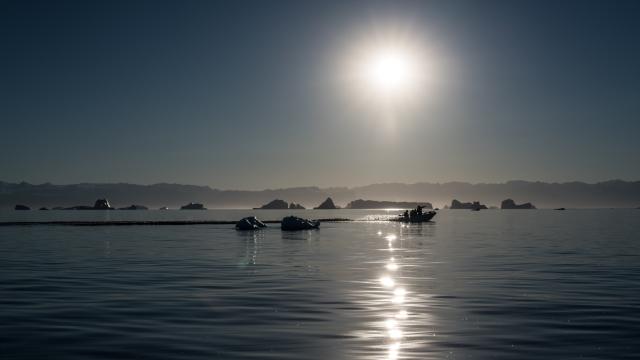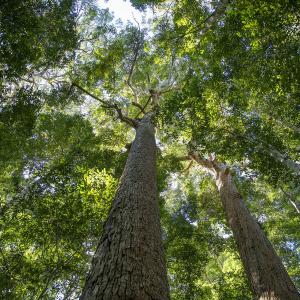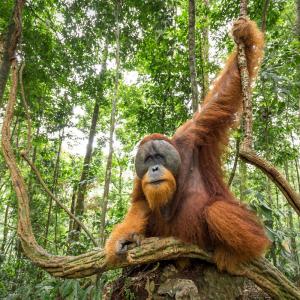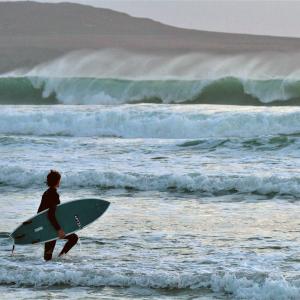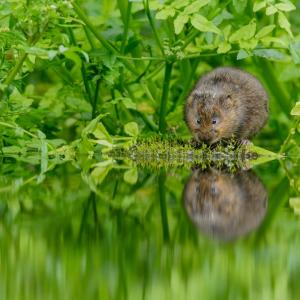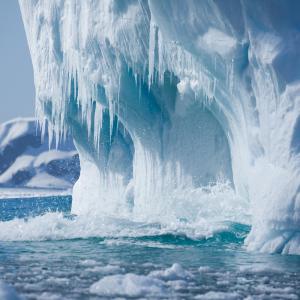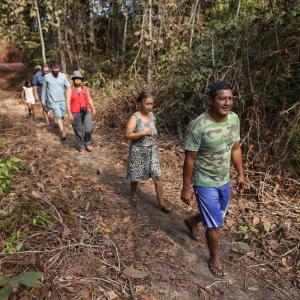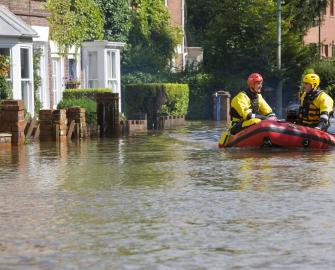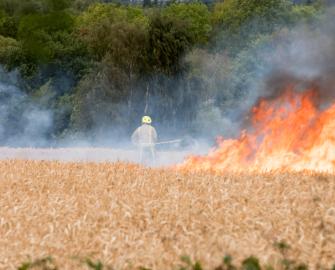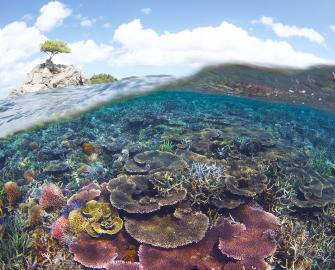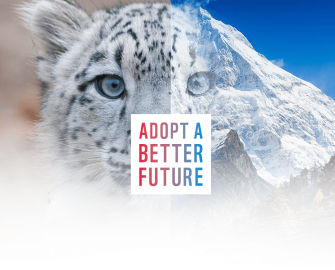What is the effect of climate change?
Since the Industrial Revolution, global temperatures have risen by 1.2°C, leading to more frequent and severe weather events like heatwaves, floods, and storms. These events threaten lives, ecosystems, and economies, and become harder to manage over time. Climate change disproportionately affects the poorest communities, indigenous peoples, and future generations—those least responsible for the crisis. While countries have pledged under the Paris Agreement to limit warming to 1.5°C, current actions fall short, potentially pushing temperatures up to 2.7°C by 2100.
These extreme weather events endanger people’s lives and livelihoods, wildlife and nature. Warming beyond 1.5°C means that critical environmental tipping points, such as the widespread dieback of the Amazon rainforest, become more likely and could lead to irreversible damage.
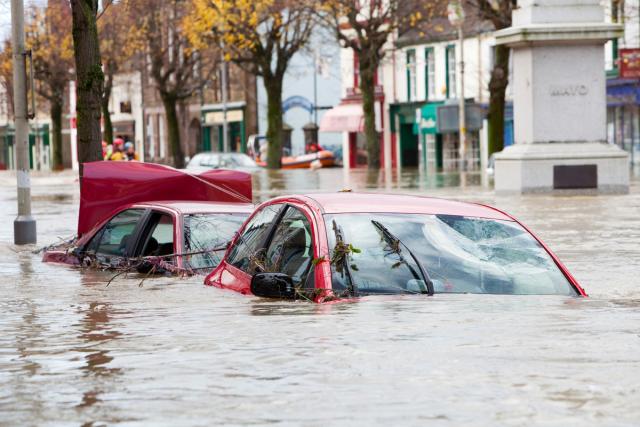
Consequences of warming beyond 1.5°C
- Warming seas and ocean acidification would mean that most of the world’s coral reefs would be lost.
- Widespread extinction and species loss.
- More intense and extreme wildfires.
- More frequent and severe storms and cyclones.
- Dying rainforests.
- Unthinkable loss of ancient ice sheets of Greenland and Antarctica, causing dramatic sea-level rises.
- Risks to food security, as higher temperatures lead to crop failures.
- Chronic water scarcity and more severe droughts.
- More heat-related deaths.
- Increased risk of pandemics.
- Increased risk of conflicts fuelled by resource scarcity.
- Mass displacement of people, known as climate refugees, as a result of homes being lost due to sea-level rise, food and water insecurity, or war.
- Increased pressure and risks to people’s mental health, as a result of witnessing the impacts of climate change and living through repeated extreme weather events.

The effects of climate change on Wildlife

Netflix's ground-breaking documentary series Our Planet, produced in collaboration with WWF, shows the wonders of our natural world and how we’re changing it like never before.
Our frozen worlds of ice and snow are vital to maintaining Earth’s equilibrium by reflecting sunlight back into space. But with climate change, our ice, snow and permafrost is melting. The dark surfaces it leaves behind absorb heat instead of reflecting it, which could tip the balance…
Learn more about the Our Planet Series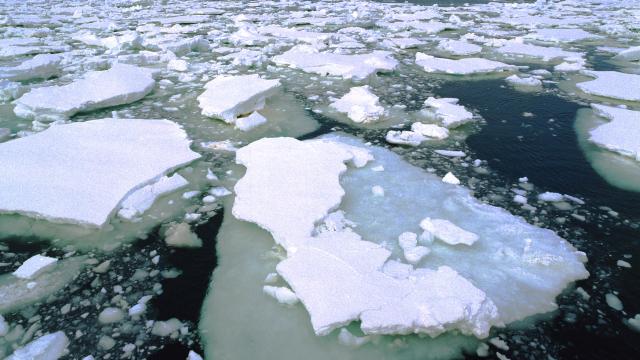
We also recommend
Sources
[1] Intergovernmental Panel on Climate Change https://www.ipcc.ch/assessment-report/ar6/
